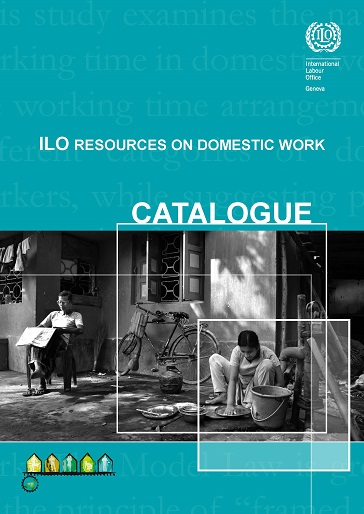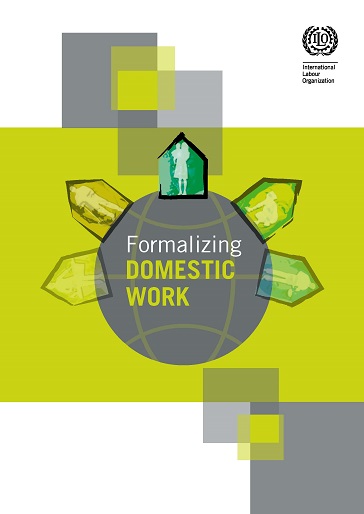Publications
2017
-
Serie Condiciones de Trabajo y Empleo No. 93
Salario mínimo y empleo: evidencia empírica y relevancia para América Latina
21 November 2017
-
Conditions of Work and Employment Series No. 91
Managing social risks of non-standard employment in Europe
11 October 2017
-
Conditions of Work and Employment Series No. 89
Social dialogue and economic performance - What matters for business, a review
15 September 2017
-
Conditions of Work and Employment Series No. 92
Migrant and cities: Research report on recruitment, employment, and working conditions of domestic workers in China
20 June 2017
-
Conditions of Work and Employment Series No. 90
The International Labour Organization and the Living Wage: A Historical Perspective
09 June 2017
-
Conditions of Work and Employment Series No. 87
Sectoral collective bargaining, productivity and competitiveness in South Africa’s clothing value chain: manufacturers between a rock and a hard place
16 May 2017
-
Conditions of Work and Employment Series No. 86
Purchasing practices and low wages in global supply chains: Empirical cases from the garment industry
15 May 2017
-

Publication
Catalogue of ILO Resources on Domestic Work
27 January 2017
2016
-
Conditions of Work and Employment Series No. 85
Evaluating the effects of the structural labour market reforms on collective bargaining in Greece
15 December 2016
The present report assesses the social and economic impact of the changes in the regulatory framework of collective bargaining in Greece.
-

Publication
Formalizing domestic work
05 December 2016
Many countries around the world are at the onset of a care crisis: with the ageing of the population, and continually increasing rates of female labour participation, families are increasingly turning to domestic workers to care for their homes, children, and ageing parents. While an increasing share of domestic work is part of the formal economy, domestic work remains one of the sectors with the highest share of informal employment. This new ILO report calls for a combination of incentives and compliance to reduce high levels of informality in domestic work.
-
Conditions of Work and Employment Series No. 83
Redistributing value added towards labour in apparel supply chains: Tackling low wages through purchasing practices
07 October 2016
-
Conditions of Work and Employment Series No. 59
The (missing) link between wages and productivity in the Philippines: What role for collective bargaining and the new two-tier wage system?
07 October 2016
-
Conditions of Work and Employment Series No. 80
Coverage of employment protection legislation
31 August 2016
-

Conditions of Work and Employment Series No. 79
Initial effects of Constitutional Amendment 72 on domestic work in Brazil
01 August 2016
-
Conditions of Work and Employment Series No. 78
Remembering rest periods in law: Another tool to limit excessive working hours
29 July 2016
-
Conditions of Work and Employment Series No. 77
Firms' demand for temporary labour in developing countries: Necessity or strategy?
21 June 2016
-
Conditions of Work and Employment Series No. 75
Non-standard forms of employment in Latin America: Prevalence, characteristics and impacts on wages
31 May 2016
-
Conditions of Work and Employment Series No. 74
Income security in the on-demand economy: Findings and policy lessons from a survey of crowdworkers
01 May 2016
-
Conditions of Work and Employment Series No. 73
Productivity, wages and unions in Japan
31 March 2016
-
Conditions of Work and Employment Series No. 72
The introduction of a minimum wage for domestic workers in South Africa
31 March 2016